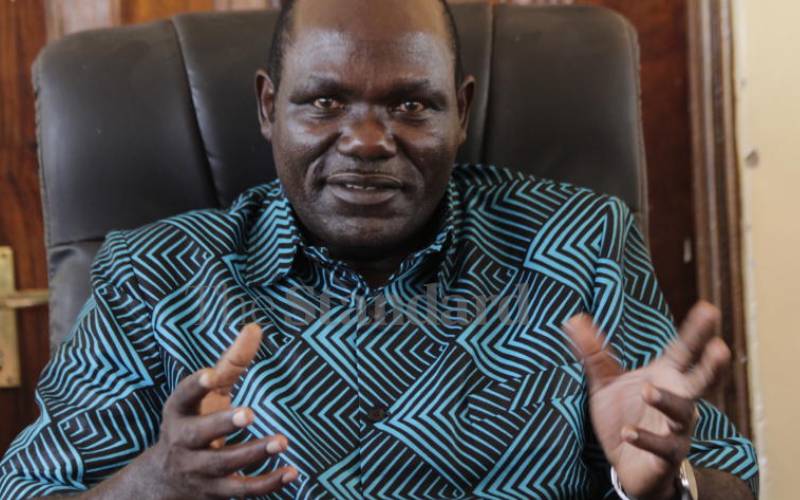×
The Standard e-Paper
Join Thousands Daily

IEBC chairman Wafula Chebukati. [Phillip Orwa, Standard]
The government’s decision to ban direct funding to the electoral commission threatens to lock out millions of eligible voters from being enlisted ahead of next year's elections.